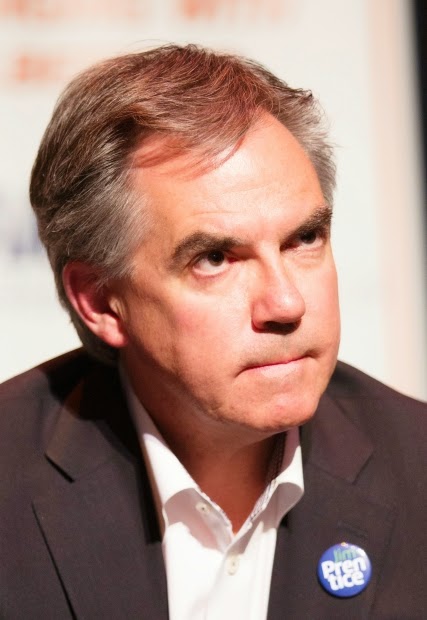On Style
Be clear. Be concise. Omit needless words.This is the prevailing advice on writing these days. Avoid long sentences and figures of speech. Beware of adverbs. Go light on the exposition. Use modifiers sparingly. Show, don’t tell. It is the notion that t…





